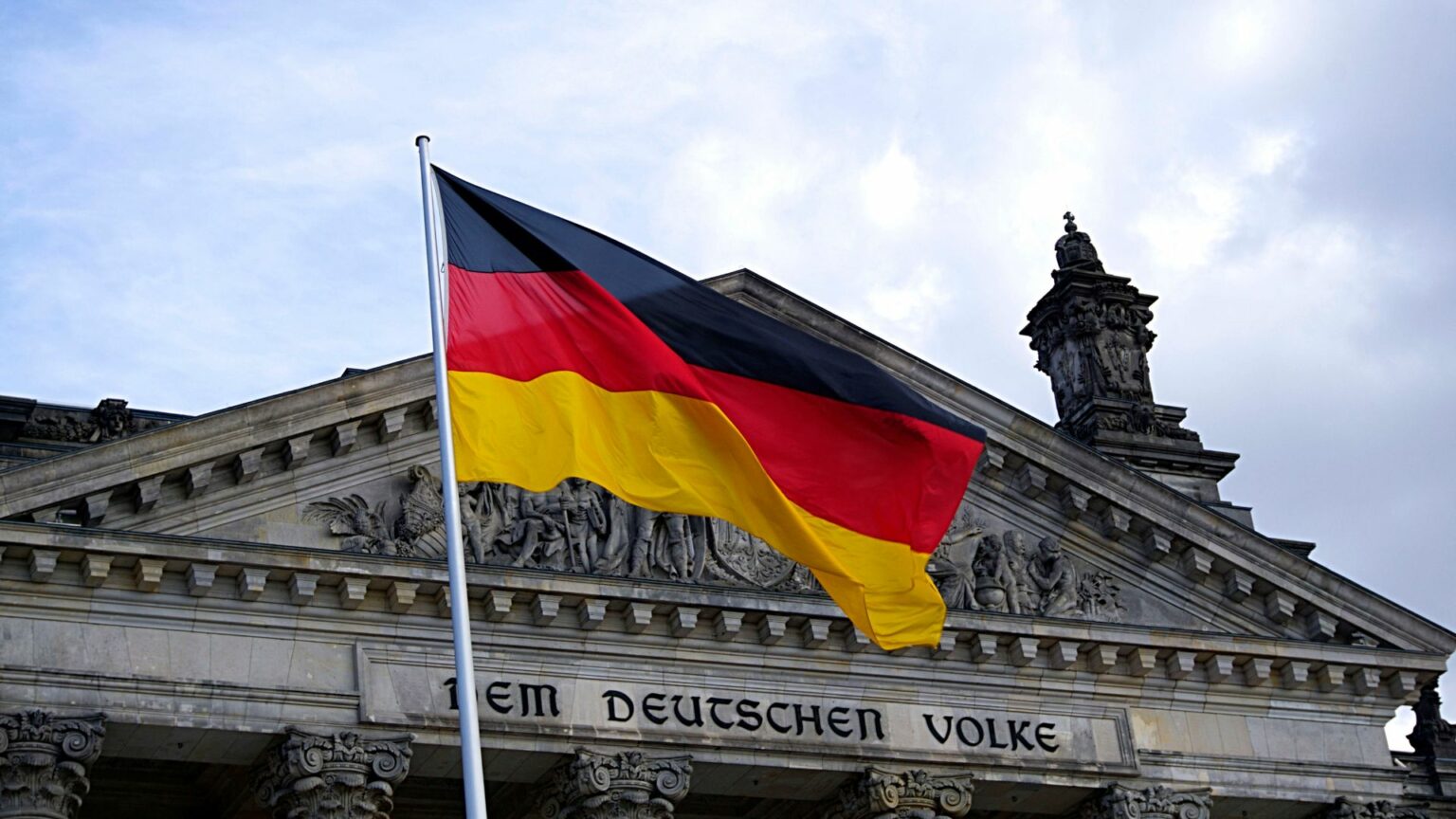A critical reading of the latest coalition agreement between the CDU/CSU and SPD reveals a mixture of continuity and controversy in German energy policy. While renewable energy remains a central focus, nuclear power is, as expected, excluded from the agenda. Instead, the agreement emphasizes research into nuclear fusion. This decision carries far-reaching implications, particularly in light of the ongoing climate crisis and concerns over energy security.
Key elements of the agreement center on transparency and predictability in the energy transition. Monitoring progress through 2025 is set to play a crucial role, particularly in assessing electricity demand, supply security, grid expansion, digitalization, and the use of hydrogen. Although this systemic approach could theoretically help prevent supply bottlenecks, its practical effectiveness remains uncertain. Critics have already voiced concerns about the speed and efficiency of such measures.
One notable point is the proposed reduction of the electricity tax by five cents per kilowatt-hour. While this could provide short-term relief for consumers and long-term shifts in Germany’s competitiveness within the EU, questions remain about whether this is sufficient to achieve meaningful cost reductions. Energy-intensive industries are slated to receive specific support through discounted industrial electricity prices, a move that could help retain economically critical sectors within Germany.
Accelerating the expansion of renewable energy remains a priority. Planned changes include increased support for solar, wind, and bioenergy, as well as geothermal energy. Infrastructure and energy storage are highlighted as essential components of success. However, critics point to ongoing legal and bureaucratic barriers that could hamper the speed of implementation, despite the stated goal of streamlining procedures.
The coal phase-out by 2038 continues to be a cornerstone of energy policy, accompanied by structural support for affected regions. While this provides stability to coal-dependent areas, concerns persist over whether the 2038 timeline aligns with international climate targets.
A significant innovation in the agreement is its clear emphasis on hydrogen technologies. The roadmap includes a gradual transition to climate-neutral hydrogen, to be sourced both domestically and through imports. Positioning Germany as a leading player in a European hydrogen initiative could bring substantial economic and environmental benefits. However, success will depend heavily on the country’s ability to forge effective European partnerships and maintain technological leadership.
The planned flexibilization of the electricity system—expanding storage capacity and removing double taxation—points to a pragmatic direction. Considering the public interest in energy storage could prove key to acceptance and functionality in the future energy system.
The coalition partners face ongoing challenges, from technological innovation to regulatory inertia, as they work to implement these goals. Progress in these areas will ultimately determine how successfully Germany meets not only its national but also its EU-wide energy and climate objectives.





